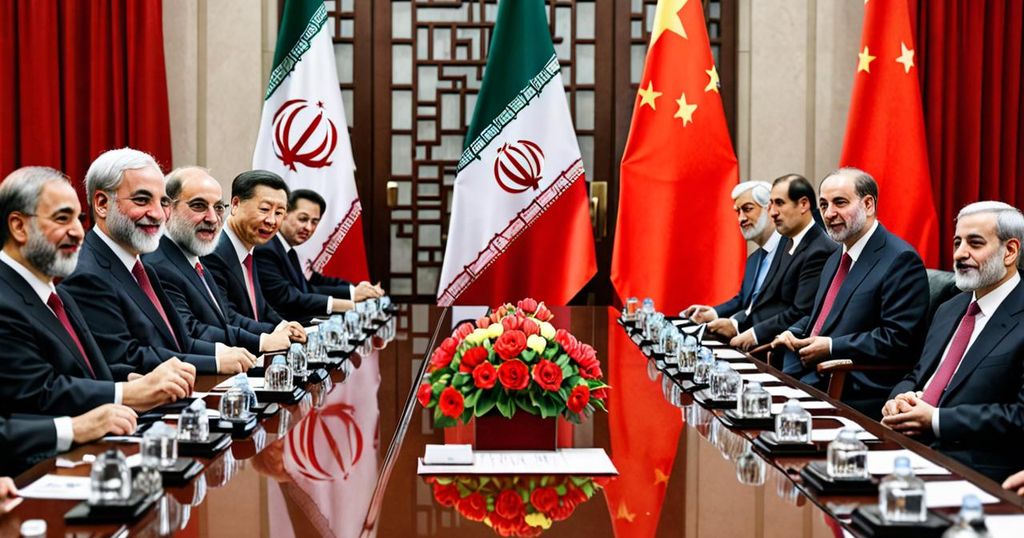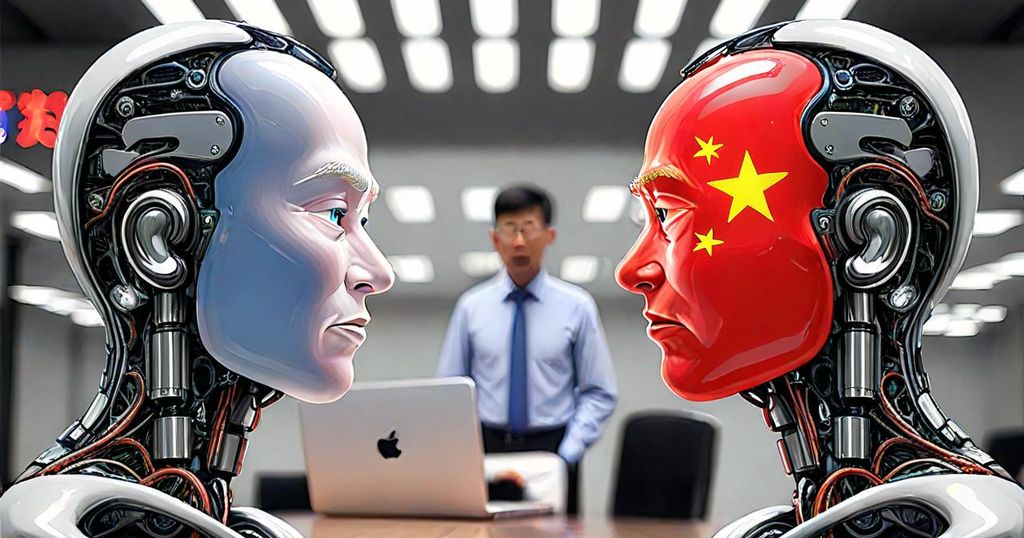The Biden administration has implemented stricter export controls on advanced artificial intelligence (AI) chips, as part of the ongoing technology competition with China. This action is intended to limit the types of semiconductors that American companies can supply to China, affecting products such as Nvidia’s H800 and A800 AI chips. These measures also extend export restrictions to 21 other nations, including Iran and Russia, and are scheduled to go into effect in 30 days.
According to U.S. Commerce Secretary Gina Raimondo, the updated regulations will enhance the effectiveness of export controls and further prevent the circumvention of restrictions. The primary objective of these regulations is to safeguard national security by restricting access to critical technologies, while minimizing any unintended impact on trade. The tightened export controls are specifically aimed at impeding China’s military progress and do not encompass chips used in mobile phones, gaming consoles, and electric vehicles.
Beijing, seeking to establish itself as a technological powerhouse, has condemned the new rules, vowing to “prevail in the struggle” for core technologies. In response to these measures, the shares of U.S. chipmakers, including Nvidia, Intel, and AMD, experienced a decline. The Semiconductor Industry Association emphasized the importance of safeguarding national security, while also urging the administration to enhance cooperation with allies in order to ensure fair competition for all companies.
Given the heightened export controls, ASML, a Dutch manufacturer of chipmaking equipment, is assessing the implications of the regulations, anticipating that they will impact between 10% and 15% of the company’s sales to China. Furthermore, the U.S. Department of Commerce has added 13 Chinese entities to a list of firms that American companies are prohibited from doing business with due to national security concerns, including Biren Technology and Moore Thread Intelligent Technology.
The ongoing technological competition between the United States and China has resulted in various retaliatory measures and export restrictions on both sides. With the global supply chain and semiconductor ecosystem at stake, the repercussions of these technological battles extend beyond the two major economies. It remains to be seen how these recent developments will influence the future of technology and international trade.
As the United States continues to tighten its control over advanced technology exports to China, the implications of these measures are significant for both countries and the global tech industry. The decisions made by policymakers and industry leaders will undoubtedly have far-reaching effects, and the ongoing trade and technology conflicts may continue to shape the global economic landscape in the years ahead.







